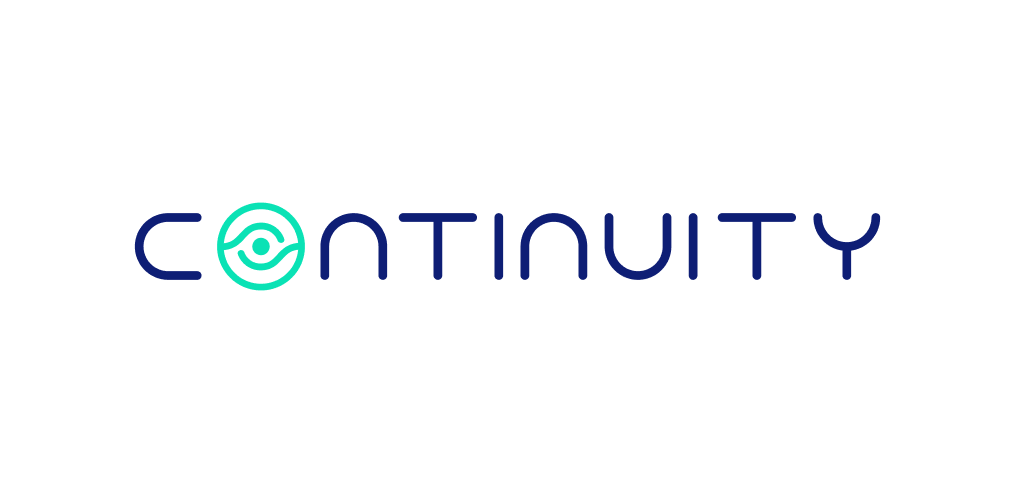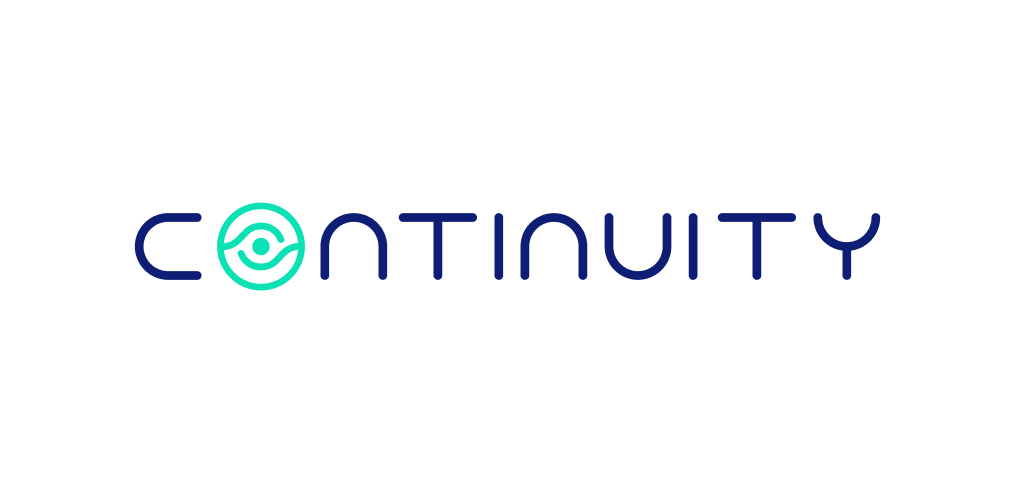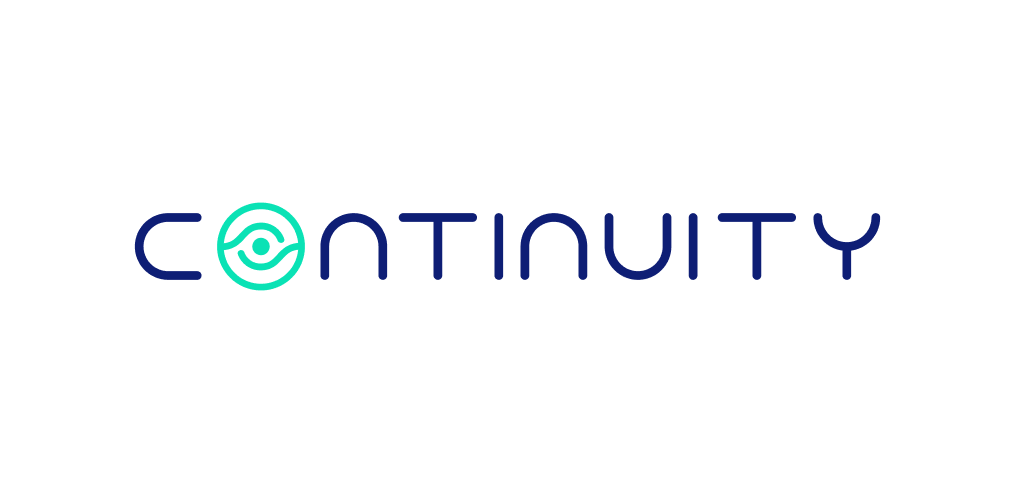
The State of the Private Cloud
About Continuity™
StorageGuard - by Continuity™ - is the ONLY Security Posture Management solution for Storage & Backups, helping to ensure these systems are securely configured, and compliant with industry & security standards.
Infrastructure Risks are Widespread
In terms of risk per environment, the report shows that there is room for concern. Downtime risks were found in each and every cloud environment tested. In fact, most environments had multiple risks, and as much as 82% of the environments tested had some data loss risk.
The study also reveals that downtime risks are most common (43% of all risks were downtime related) among these private cloud environments tested. These results are consistent with the reality we are experiencing with some major outages taking place recently across a wide range of industries, grounding thousands of flights; leaving millions of customers without telecommunication services and withholding payment transactions.
What Could Possibly Go Wrong?
The top specific risks identified across the environments included:
- Configuration drifts between cluster nodes that will prevent HA failover.
- Visual networking configuration errors – such as virtual machine (VM) port group configuration errors – that lead to VM isolation and downtime.
- Incorrect storage setting leading to corrupt backups and datastore loss.
What Do the Enterprise Private Cloud Look Like?
The findings in the report apply to environments using a variety of technologies and different scales and setups. We’ve learned that close to half (48%) of the organizations run most of their VMs on MS Windows, while almost the same amount of enterprises (46%) maintain a mixed Windows-Linux environment. But only 7% use mainly Linux.
The most popular storage vendor is EMC (73%) with penetration that is close to double than the next vendor – NetApp (38%). IBM and HP systems can be found in about quarter of the environments. Almost all of the organizations (96%) use more than one physical path to transfer the data between the host and the external storage device, but only 12% use Active-Active failover architecture in their private cloud environment. Replication for offsite data protection is used by 27% of enterprises.
Private Cloud Environments Are Less Resilient
Despite the obviously high levels of risks detected, many organizations simply do not test their environments frequently enough. In another Continuity Software report, published this year, we showed that frequent testing is paramount for meeting availability goals. Nearly half of the companies – that test less often than once every three months – with critical systems in the private cloud did not meet their availability goals.
However, the good news is that availability and downtime risks can be identified and corrected before they become incidents that affect business operations. By performing routine IT configuration validation checks, organizations can ensure resiliency and data integrity.
Talk To An Expert
It’s time to automate the secure configuration of your storage & backup systems.

